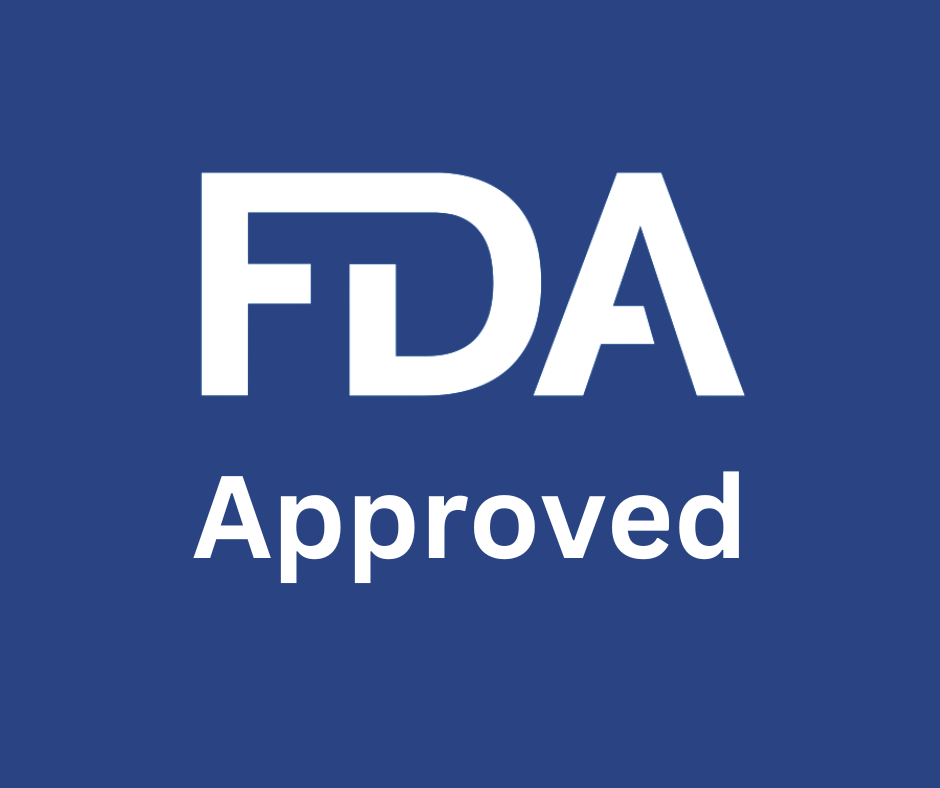On January 27, 2023, the U.S. Food and Drug Administration approved elacestrant for postmenopausal, non-pregnant women and adult men with advanced or metastatic ER-positive HER-2 negative breast cancer. Patients must have received at least one and no more than two lines of endocrine therapy or no more than one line of chemotherapy [1].
Study ID number: NCT03778931
Approval was based on the EMERALD study, a randomized, open-label, phase III, multicenter trial that included 478 patients with ER+/HER2- locally advanced adenocarcinoma of breast not amenable to curative resection, radiation therapy, or metastatic disease. Patients must have received prior treatment with a CDK4/6 inhibitor in combination with either fulvestrant or an aromatase inhibitor, and could have either wild-type or mutated estrogen receptor. Patients were randomized (1:1) to receive elacestrant 400mg orally once daily or current standard of care (SOC). Randomization was stratified by ESR1 mutation status, prior treatment with fulvestrant, and visceral metastasis.
The study had two primary endpoints: Progression-free survival (PFS) in the ESR1-mut subjects or PFS in all subjects. With a median follow-up of 15.5 months, elacestrant significantly improved progression-free survival for all patients compared to SOC: 3.8 months (95% CI: 2.2, 7.3) in the elacestrant arm and 1.9 months (95% CI: 1.9, 2.1) in the fulvestrant or aromatase inhibitor arm. PFS Kaplan-Meier curves demonstrated early drops for each treatment arm, suggesting endocrine resistance in second and third-line settings. Therefore, the authors chose to perform landmark analysis at 6 and 12 months, and PFS at both time points favored elacestrant over SOC. At 6 months PFS rates were 34.3% for patients treated with elacestrant vs 20.4% for patients treated with standard of care. Similarly, at 12 months, PFS rates were 22.3% for patients treated with elacestrant versus 9.4% for patients treated with standard of care.
The most common adverse events included musculoskeletal pain, nausea, hyperlipidemia, anemia, and transaminitis. The recommended elacestrant dose is 345 mg taken orally with food once daily until disease progression or unacceptable toxicity.
References
FDA approves elacestrant for ER-positive, HER2-negative, ESR1-mutated advanced or metastatic breast cancer. (Accessed: January 28, 2023).




